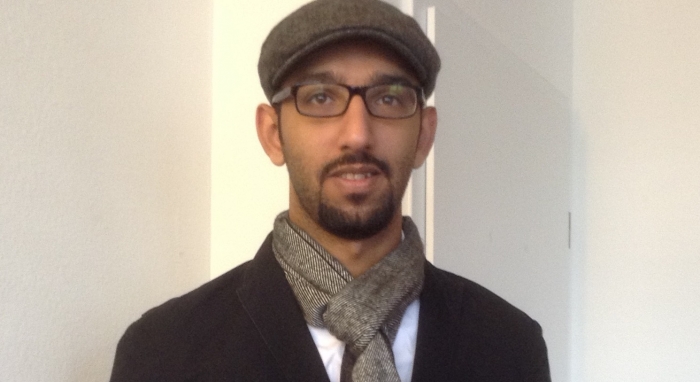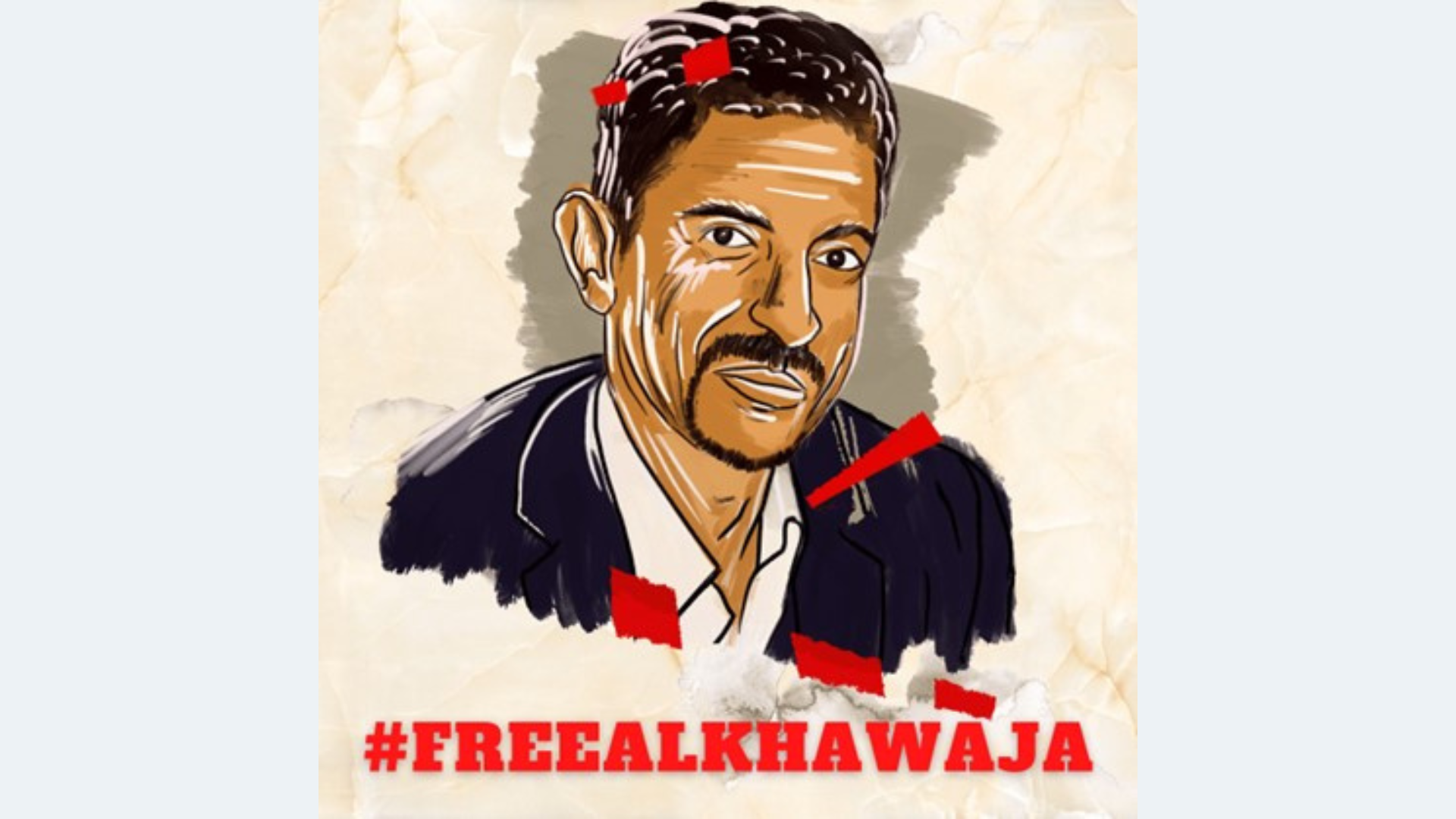(Update – 31 March 2015) – ISHR welcomes the release of Nawaf Al-Hendal but condemns the imposition of a travel ban against him and the reporting laying of charges of ‘participating in an illegal protest’. ISHR is particularly concerned that these charges and restrictions are connected with Al-Hendal’s advocacy at the Human Rights Council in Geneva and have the purpose or will have the effect of restricting his right to cooperate with international human rights mechanisms.
In this regard, ISHR notes that the rights to freedom of association and assembly, which include the right to spontaneous assembly and peaceful protest, are enshrined in Articles 21 and 22 of the International Covenant on Civil and Political Rights, to which Kuwait is a party, while the right to communicate and cooperate with international human rights mechanisms is recognised in the UN Declaration on Human Rights Defenders.
ISHR further notes that international human rights jurisprudence establishes that States which confiscate passports, issue travel bans or prevent human rights defenders or representatives of NGOs from attending international meetings may contravene the right to freedom of movement under Article 12 of the ICCPR (see Human Rights Committee, ‘Concluding Observations: Morocco’, UN doc. CCPR/CO/82/MAR, 1 December 2004, §18).
(Geneva) – Authorities in Kuwait should immediately and unconditionally release Nawaf Al-Hendal and all other persons detained in connection with a peaceful protest in Al-Erada Square in Kuwait City on 23 March 2015, the International Service for Human Rights said today.
Al-Hendal, who is the founder of Kuwait Watch and a well known human rights defender, was arrested and reportedly beaten on the night of 23 March while monitoring and documenting a peaceful demonstration calling for respect for the rights to freedom of expression and assembly, the release of prisoners of conscience, and judicial reform to uphold the rule of law.
Following his arrest, together with that of at least 17 protesters, Al-Hendal was taken to the Criminal Investigation Department building where it is understood he is still being detained. His most recent tweets, sent prior to confiscation of his phone, indicate that he was beaten by special forces, who arrived suddenly to disperse the peaceful protest. Amnesty International has issued an appeal in which they express concern that Al-Hendal ‘may be at risk of torture or other ill-treatment’.
There are additional concerns that Al-Hendal’s arrest, arbitrary detention and alleged ill-treatment may be connected with this recent advocacy at the UN Human Rights Council in Geneva, where he delivered a statement on 20 March 2015 (video at 47.58) condemning the arrest and imprisonment of human rights defenders and other civil society activists for ‘undermining the emir’. In January 2015, an arrest warrant was issued against Al-Hendal while he was in Geneva to lobby in connection with the Universal Periodic Review of Kuwait, charging him with damaging foreign relations and using Twitter to insult late Saudi King Abdullah. The arrest warrant was subsequently withdrawn following representations by the President of the UN Human Rights Council and others. At that time Nawaf told ISHR, ‘I love my country and I love its people. It is for that reason that I am in Geneva to stand up for our fundamental rights and freedoms. We deserve and have a right to free speech, to gather peacefully, and to advocate for the human rights of others. Rather than seeking to prosecute me for my advocacy at the UPR, Kuwait should use the opportunity of the UPR to commit to substantially reforming the Public Gatherings Law, the Penal Code, national security legislation, press regulations, and lese-majeste and blasphemy laws, all of which are used and abused to criminalise free speech in my country.’
‘Once more it appears that Nawaf Al-Hendal has been subject to arrest and arbitrary detention in connection with his advocacy at the UN and his commitment to exercise the rights to freedom of expression and peaceful assembly and to support others to do so,’ said ISHR Director Phil Lynch.
‘We urge Kuwaiti authorities to immediately and unconditionally release Nawaf Al-Hendal and all other persons detained in connection with the exercise of their rights to freedom of expression and protest, in line with Kuwait’s obligations under the International Covenant on Civil and Political Rights,’ Mr Lynch said.
‘ISHR also calls on Kuwait to ensure a prompt, independent and thorough investigation into the alleged beating of Nawaf and some of the demonstrators, making public the findings, bringing perpetrators to account, and providing remedy to victims.’
‘ISHR further calls on Kuwait to end intimidation and harassment of human rights defenders. Civil society actors must be free to undertake their vital and legitimate work – whether it involves the monitoring of protests in Kuwait or the delivery of statements at the Human Rights Council in Geneva – without restriction or reprisal and in line with the Declaration on Human Rights Defenders,’ Mr Lynch said.
Background:
The prosecution of bloggers, opposition activists and human rights defenders under the pretext of ‘undermining the status of the emir of Kuwait’ is widespread in the country. Lese-majeste, national security and ‘national unity’ laws have recently been used to prosecute activists who are critical of the human rights records of heads of state with which Kuwait has diplomatic relations, including Saudi Arabia and Egypt.
Al-Hendal is well known in Kuwait for his work defending the rights of stateless persons and organising peaceful protests to highlight their plight. In Kuwait, public assemblies of more than twenty people are considered unlawful without a permit, which is frequently denied, and assemblies on the rights of stateless persons have been met with excessive force.
Kuwait is a party to both the International Covenant on Civil and Political Rights and the International Covenant on Economic, Social and Cultural Rights. The Declaration on Human Rights Defenders, adopted by consensus by the UN General Assembly, also represents international law binding on Kuwait.




